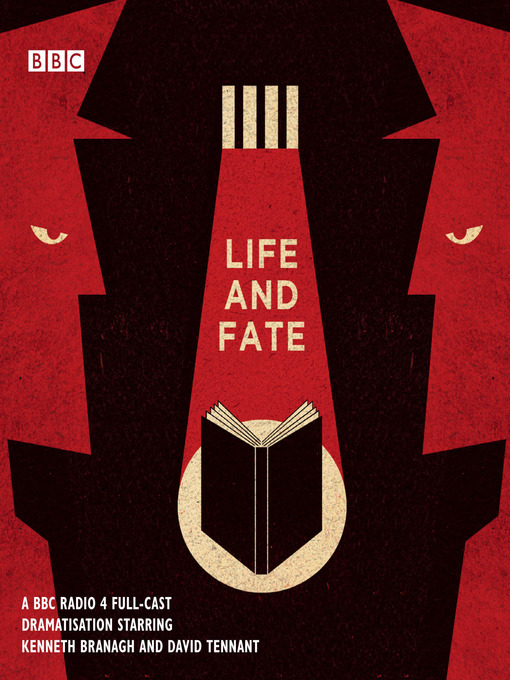



Under Stalin, Jews were systematically hunted down after the false Doctors’ Plot of 1952–53, in which Russians were told that a group of mostly Jewish doctors supposedly plotted to assassinate the dictator. Grossman was also a Jew, who under the Czars were for the most part kept segregated in the Pale of Settlement and victimized by pogroms (there were more than 1,200 pogroms in the Ukraine alone). “There was only one thing Russia hadn’t seen during these thousand years,” thinks a character in Grossman’s novel Everything Flows-“freedom.” Another character in the same novel remarks: “Happiness doesn’t seem to be our fate in this world.” In 2014, the actor Leonid Bronevoy, whose father had been sent off to the Gulag, described the Soviet experiment as “an absurd horror film stretching over 70 years.” Government-organized famine, hideous show trials, brutal gulags, mass murder, life in the Soviet Union made the plagues that fell upon Egypt seem a week in the Catskills. Vasily Grossman had the misfortune of being born in Russia, a country that, under the czars as under the comissars, has traditionally treated its people as if they were a conquered nation. Judged by the centrality, the significance, of his subject and his aesthetic grasp of it in powerful novels and penetrating essays, Grossman may have been the most important writer of the past century. Vasily Grossman (1905–1964), a writer Bellow surely did not know about at the time we spoke, perhaps stared that devil in the face with greater intensity than anyone else and came away the most impressive of all literary witnesses of the malevolence of totalitarianism. The European writers Bellow had in mind were Arthur Koestler, George Orwell, Albert Camus, Aleksandr Solzhenitsyn, Stefan Zweig, André Malraux, Boris Pasternak, and others.

The devil, of course, was totalitarianism, in particular fascism and Communism, which promised its adherents heaven and brought them unmitigated hell. Writers in Europe have looked the devil in the eye, he said, while in America writers have to make do with irony, comedy, and anything else that comes to hand. In a conversation sometime in the mid-1970s, Saul Bellow remarked to me on the crucial difference between European and American writers of his generation. So much for its humanity and culture… All I see is unprecedented atrocities.” -Stalingrad, Vasily Grossman “Well, comrade Mostovskoy,” said Sofya, “so much for your 20th century.


 0 kommentar(er)
0 kommentar(er)
